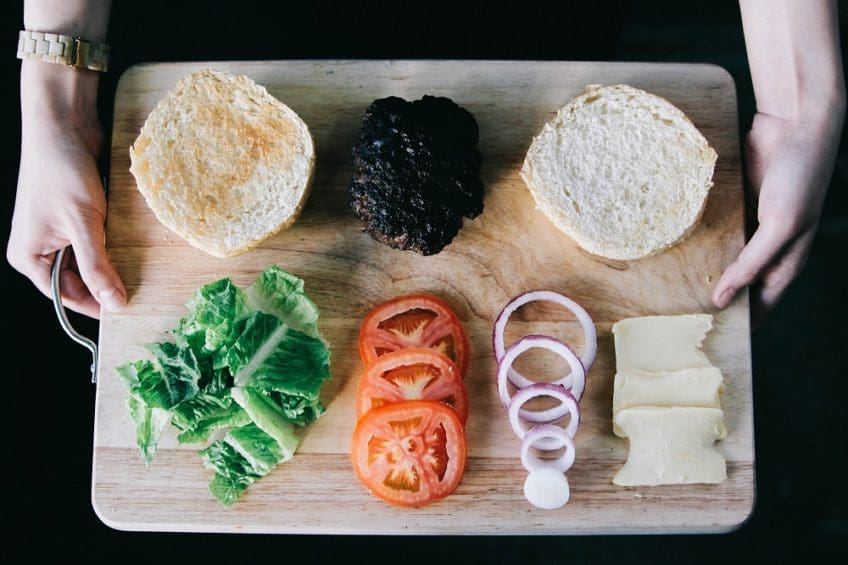Shift Work and Your Eating Schedule
If you are a shift worker, you likely already know it can be challenging to manage your schedule. When to eat, how much to eat, when to sleep, how much to sleep etc.
Our bodies are amazing at telling what time it is based on a few major cues:
- Exposure to light
- Timing of meals
- Social interactions
- Body temperature
Your gut knows when to digest food based on what time it is. At night, your gut is resting and restoring, and it is typically NOT ready to take in food. Eating at night can lead to weight gain, gut issues, hormone imbalances, and higher risk for heart disease and diabetes.
So WHEN you eat while working shift work is truly just as important as WHAT you eat. Here are some tips for managing your eating schedule when working shift work.
For dayshift:
- Fuel your body every 2-3 hours when possible. Focusing on energized eating and frequent fueling is key for telling your body what time it is and creating consistent energy throughout the day. The typical schedule is breakfast, snack, lunch, snack, dinner, evening snack (optional).
- Don’t have breakfast too early. If you must wake up at 4:00 AM to start your shift, you may actually want to wait until 6:00 AM to have your breakfast if possible. Your gut will be more ready for food and it allows for better timing for your meals throughout the day.
- Focus on three balanced meals if snacking isn’t possible. Not every shift work job allows for consistent break times. Having back up portable snacks for eating on the run is one option, the other is adding your snack onto your lunch and breakfast to ensure you are hitting all your nutrient needs.
- Have at least one meal with your family when possible. Some research studies are showing shift workers mental health and overall wellbeing is improved when they can eat with their family or friends for at least one meal of the day.
For nightshift:
- Follow the typical day time meal schedule as much as possible. This helps communicate to your body what time it actually is, which helps keep you on the right circadian rhythm. When you wake up, start with the next meal or snack that would typically occur at that time. If you wake up at 1400h, start with a balanced snack and move onto your dinner meal next. Even when working night shift, eat as many meals as possible at roughly the same time as we normally would during the day.
- Minimize eating between midnight and 0600h. Remember, your gut wants to rest and restore overnight. Having big meals in the middle of the night leads to multiple health concerns. Fuel your body well outside of these hours and use a small balanced snack to help combat your sleepiest time or if feeling very hungry.
- Have a light breakfast before bed. Since you have minimized food intake between midnight and 0600h, having a balanced breakfast before going to sleep is going to be an important step for two reasons: 1) it helps reinforce to your body what time it is and 2) it will help support a good quality sleep so you don’t wake up from hunger.
Here’s a sample of meal timing schedule based on a day shift and night shift schedule.
| DAYSHIFT (0600h – 1800h) | NIGHTSHIFT (1800h – 0600h) | ||
| TIME | MEAL | TIME | MEAL |
| 0630h | Breakfast | 0630h | Breakfast |
| 0900h | Snack | 1500h | Snack |
| 1200h | Lunch | 1730h | Dinner (with family) |
| 1500h | Snack | 2030h | Snack |
| 1830h | Dinner (with family) | 2300h | Lunch |
| 2030h | Snack (optional) | 0300h | Snack (optional) |
Remember, what you eat is just as important and when you eat when working shift work. The balance and portion size of your meals will depend on your own individual requirements. If you need help navigating your individual energy needs and your schedule, contact us to work with one of our dietitians to help customize a plan for you!
– Registered Dietitian (Nutritionist)

